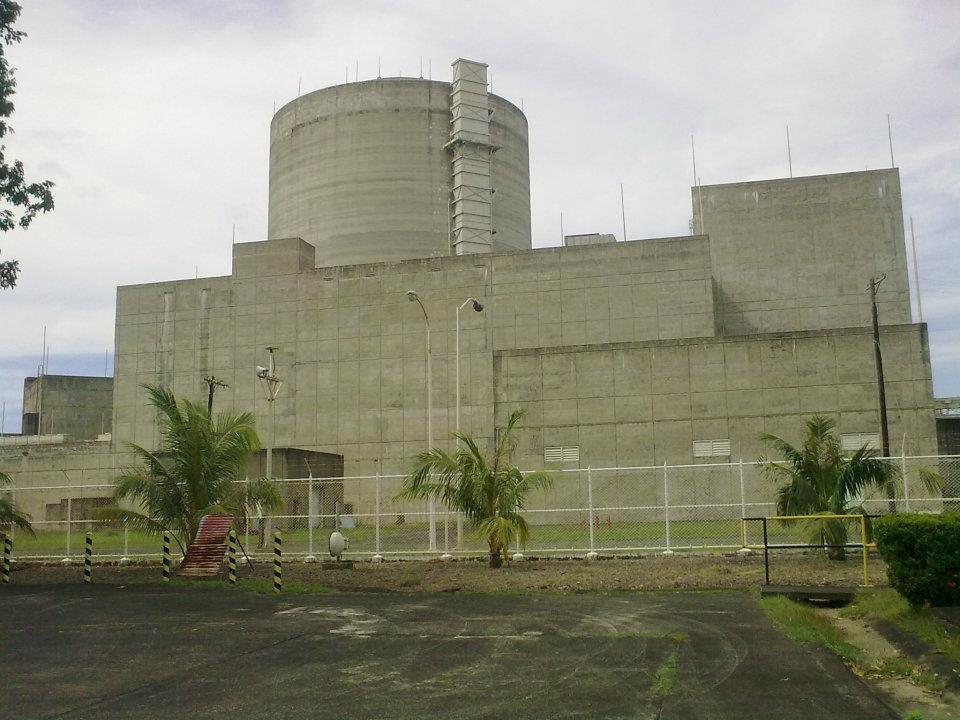Nuclear power seen as crucial addition to energy mix
- June 30, 2023
- 0

Aboitiz Power Corporation believes that nuclear energy could play a crucial role in the Philippines’ shift towards clean energy.
In a report by the Philippine Star, the thermal power generation group chief operating officer of Aboitiz Power, Felino Bernardo, shared that nuclear power will inevitably become part of the Philippine energy mix, stating that “it’s only a matter of time.”
Bernardo added that safety is the number one priority when nuclear technology is concerned and that the country should have the plan to accommodate and execute it in a safe way.
Nuclear energy is one of the technologies the country is considering, but it is still seen as a long-term option for power generation.
Aboitiz Power expressed that nuclear energy technology holds the potential to provide dependable and clean baseload power in the Philippines.
Nevertheless, the energy company acknowledged the existence of uncertainties regarding the tradeoffs in resources, particularly concerning the selection of suitable locations for constructing nuclear plants and managing nuclear waste storage.
Aboitiz Power also said that nuclear technology is expensive, especially small modular reactors (SMRs). If the SMR does push through, it will take decades before costs and prices become lower.
Aside from nuclear, Liquefied Natural Gas (LNG) and ammonia co-firing are other technologies that are seen as an option to add to the energy mix and aid the renewable energy (RE) transition.
Department of Energy (DOE) secretary Raphael Lotilla, in a roundtable discussion on “Powering t
“In the case of the Philippines, the Department of Energy is working with the National Economic and Development Authority (NEDA) on the enabling policy framework for private sector participation in the nuclear power space,” said Lotilla.
He also emphasized that President Ferdinand Marcos Jr. called for a reevaluation of the strategy for nuclear power plants in the Philippines, particularly in light of strengthening compliance with the requirements and guidelines set by the International Atomic Energy Agency (IAEA) following the Fukushima incident.
“For emerging technologies, we are also actively considering Hydrogen and its derivates, as promising and cleaner alternative energy carriers for the country as outlined in the Philippine Energy Plan 2020-2040,” Lotilla further explained.